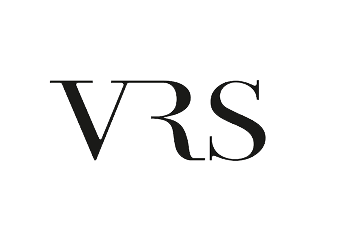Is remote work the future of work? It's a question that has been on people's minds for years and seems to be becoming increasingly popular.
But is it the right thing for you? And can this work for your business? Here are some answers to these questions.
Section 1. What is Remote Work.
Remote work is a growing trend that sees employees working from home. This type of work can be beneficial for several reasons:
– remote workers can take on more complex tasks that would otherwise require time away from their home, which saves time and money.
– remote workers can work from anywhere in the world, which opens up new opportunities for companies to reach new markets.
– remote workers can stay connected to their teams through communication tools like chatbots and AI, which helps improve team morale and cooperation.
Subsection 1.2 What are the benefits of remote work.
Benefits of using remote work include:
– greater flexibility: when you're working from home, there are no set hours or days off – you have the freedom to work at any time that suits your schedule.
– better quality of life: without set schedules or days off, it is easier for remote workers to disconnect from stressors at home and travel during their free time.
– lower commuting costs: The cost of getting to work is often higher than if you were located in an urban area, as you have to drive everywhere instead of taking public transport or flying to airports.
– greater creativity: Remote workers can use their creativity outside of traditional 9-to-5 work hours, offering a wider range of options when it comes to what they do day and night.
Section 2. Introduction to remote work.
There are many schemes remote work available. To find the right path for you, Hamster is a great resource that offers a variety of tools and resources to help you decide if remote work is the right option for your career.
You can also check out sites like RemoteWorkManager and The Remote Company to get started.
Subsection 2.2 Learn the basics of remote work.
Before starting remote work, it's important to know the basics of remote work. This includes understanding how the internet works, setting up your computer and phone, and using software like Google Docs or Microsoft OneDrive to track your projects.
Additionally, be sure to learn about the different types of remote work arrangements available and which ones are best suited to your skill set.
Subsection 2.3 Start Remote Work.
Once you have a basic understanding of remote work, it's time to get to work! To get started, go to RemoteWorkManager and sign up for a free account.
You can then use its tools and resources to help you get started on your project or career goals.
Section 3. Tips for successful remote work.
To be successful at remote work, you will need to use the right remote work arrangement. If you don't have the right blueprint in place, your team will start to struggle to communicate and collaborate effectively.
To ensure you have the most effective and efficient remote teams, be sure to develop a clear plan for how your team will operate and stick to it.
Subsection 3.2 Use the right tools.
Tools like Slack and Zoom can help you stay on top of your work and better manage communication.
If you don't have them, consider signing up for a Remote Training account or using another online tool that caters to remote teams.
Subsection 3.3 Stay up to date on remote work.
One of the biggest challenges of working remotely is staying up to date with changes in the field.
Keep up with new technologies, updates to company policies, and any new trends in remote work so you can keep everyone informed and compliant.
Additionally, keep an open mind to ways you can use technology (whether Slack or other digital tools) to improve communication and efficiency on your team.
Subsection 3.4 Be prepared for volatility.
Volatility is always a risk when working remotely – but if you know what factors to watch for, you can minimize some of the problems by planning ahead and preparing for potential setbacks (like unexpected storms).
By being aware of potential risks and taking steps to mitigate them, your team will be more successful overall when working remotely – no matter what happens during their travels!
Conclusion
If you are looking for a career If it offers the convenience of working remotely, remote work is a great option.
However, before you start working as a remote worker, you need to understand a few key concepts.
This section provides an overview of what remote work is and what it offers, while the following section covers tips on how to get started.
Finally, this section provides an overview of successful remote work practices.
